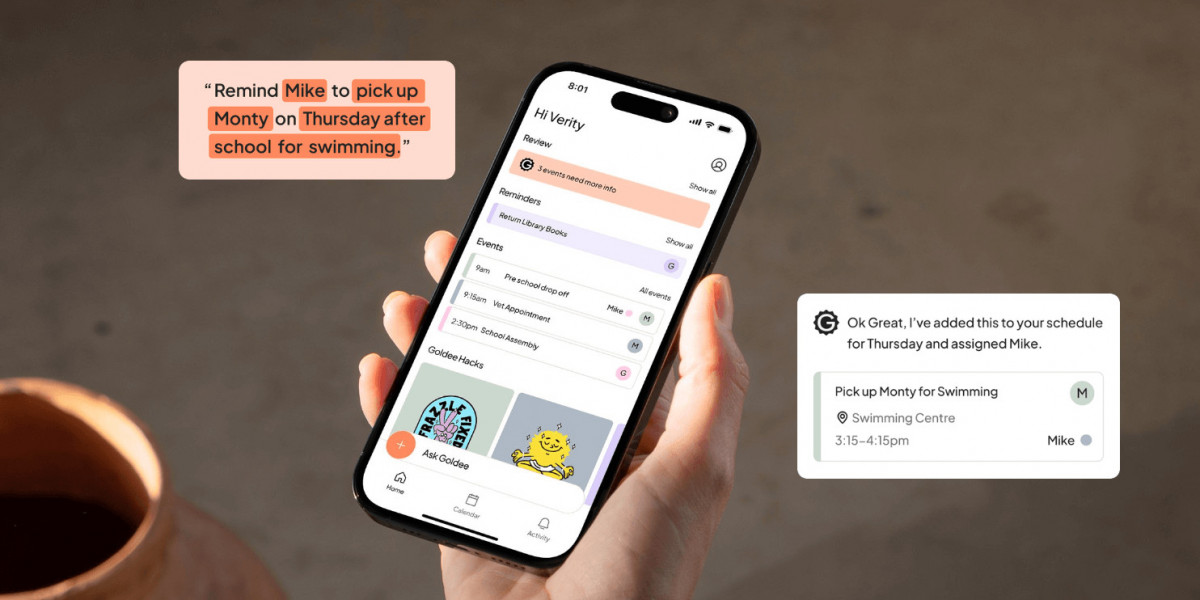Introduction
With the increasing dependence on mobile and web applications for everything from banking to communication, data security has become a top priority. Cyber threats such as data breaches, unauthorized access, and hacking attempts are on the rise, making it crucial for developers to implement robust security measures. One of the most effective ways to protect sensitive data in applications is through encryption. This article delves into the importance of data encryption in app development, its various types, best practices, and how it ensures compliance with security standards.
Understanding Data Encryption
Data encryption is the process of converting readable data into an unreadable format using algorithms and cryptographic keys. This ensures that only authorized users can decrypt and access the information. Encryption plays a critical role in securing sensitive data from cybercriminals, providing confidentiality, and maintaining user trust.
There are two main types of encryption used in app development:
Symmetric Encryption – Uses a single key for both encryption and decryption. Examples include Advanced Encryption Standard (AES) and Data Encryption Standard (DES).
Asymmetric Encryption – Uses a pair of keys: a public key for encryption and a private key for decryption. Examples include RSA (Rivest-Shamir-Adleman) and Elliptic Curve Cryptography (ECC).
Why Data Encryption Matters in App Development
Protects User Data
Apps handle a significant amount of personal and financial data, such as login credentials, payment details, and personal messages. Encrypting this data ensures that even if intercepted, it remains unreadable to unauthorized parties.
Prevents Data Breaches
A data breach can have severe consequences, including financial losses, reputational damage, and legal repercussions. Encryption helps mitigate the impact of breaches by ensuring stolen data remains indecipherable.
Ensures Compliance with Regulations
Various laws and industry standards mandate data encryption to protect user privacy. For example:
General Data Protection Regulation (GDPR) in Europe
Health Insurance Portability and Accountability Act (HIPAA) for healthcare apps in the U.S.
Payment Card Industry Data Security Standard (PCI DSS) for payment processing apps
Failure to comply with these regulations can result in hefty fines and legal actions.
Enhances User Trust and Business Reputation
Users are more likely to trust and use applications that prioritize security. Implementing strong encryption methods demonstrates a commitment to protecting user data, leading to increased user retention and credibility.
Secures Data in Transit and at Rest
Data is vulnerable both while being transmitted over networks and when stored on servers or devices. Encryption ensures that data remains secure in both states:
Data in transit – Encryption protocols such as SSL/TLS secure data as it moves between the user’s device and servers.
Data at rest – Encrypted storage solutions like database encryption protect stored information from unauthorized access.
Best Practices for Implementing Data Encryption in Apps
Use Strong Encryption Algorithms
Opt for industry-standard encryption methods such as AES-256 for symmetric encryption and RSA-2048 for asymmetric encryption. Avoid outdated algorithms like MD5 and SHA-1, which have known vulnerabilities.
Implement End-to-End Encryption (E2EE)
E2EE ensures that data remains encrypted throughout its journey, from sender to recipient, without being decrypted in between. This is particularly important for messaging apps and secure communication platforms.
Use Secure Key Management Practices
Proper key management is crucial to encryption security. Best practices include:
Storing encryption keys separately from encrypted data
Using a dedicated Key Management System (KMS)
Regularly rotating encryption keys to minimize risks
Leverage Hardware Security Modules (HSMs)
HSMs provide a secure environment for cryptographic operations, enhancing the security of encryption keys and digital signatures.
Regularly Update and Patch Encryption Protocols
Cyber threats are constantly evolving, making it essential to update encryption protocols and security patches regularly to protect against new vulnerabilities.
Ensure Secure API Communication
If your app interacts with external services via APIs, use secure protocols like OAuth 2.0 and JSON Web Tokens (JWT) to encrypt API communications.
Educate Users on Security Best Practices
User awareness plays a key role in maintaining data security. Encourage users to adopt strong passwords, enable multi-factor authentication (MFA), and stay vigilant against phishing attacks.
Future of Data Encryption in App Development
As technology advances, encryption methods must evolve to keep up with emerging threats. Some future trends in data encryption include:
Post-Quantum Cryptography – With the rise of quantum computing, traditional encryption methods may become obsolete. Researchers are developing quantum-resistant algorithms to future-proof data security.
Homomorphic Encryption – Enables computations on encrypted data without decrypting it, ensuring higher privacy and security for cloud-based applications.
Zero-Knowledge Encryption – Allows users to prove knowledge of information without revealing the actual data, enhancing privacy in authentication processes.
Conclusion
Data encryption is an essential component of app development, ensuring data security, regulatory compliance, and user trust. Implementing robust encryption strategies can safeguard sensitive information, prevent data breaches, and enhance the overall security posture of an application. As cyber threats continue to evolve, developers must stay ahead by adopting advanced encryption techniques and best practices. Prioritizing encryption not only protects user data but also strengthens an app’s reputation and reliability in an increasingly digital world.






